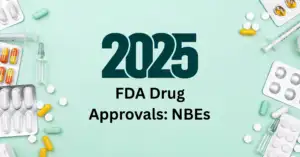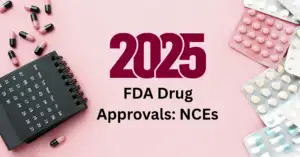Drug registration in Brazil opens the opportunity to penetrate in the South American market. Brazil is one of the BRICs countries with the sixth-biggest population in the world and the largest economy. Brazil has a population with a lot of unmet medical needs and requires access to novel medical therapies and treatment. Contrary to the urgent requirements, drug companies have had some trouble entering this market in the past due to difficult-to-navigate country-specific regulations. The Brazilian Health Surveillance Agency (ANVISA) is in charge of enforcing regulations in Brazil. In 1999, ANVISA was established and is affiliated with the Ministry of Health. However, Brazil’s regulatory body, ANVISA, has started to move toward regulatory harmonization with global norms and standards since joining the International Council for Harmonization of Technical Requirements for Pharmaceuticals for Human Use (ICH) in 2016.
The licensing of drug testing facilities and other businesses involved in the pharmaceutical production process is the responsibility of ANVISA. Additionally, the agency is in charge of creating rules that apply to clinical trials (in terms of drug Chemistry, Manufacturing, and Control (CMC) and subject safety. ANVISA collaborates with the Chamber of Drug Market Regulation (CMED) to control drug prices, together with the health ministry and other ministries that are members of the organization. An Ethics Committee (EC) affiliated with the Health Ministry is responsible for overseeing ethically sound human clinical studies. The agency carries out inspections of factories, keeps checks on the quality of drugs, carries out surveillance post-marketing, implements measures related to pharmacovigilance, and controls the promotion of drug and marketing in association with states and local governments. Additionally, ANVISA assesses applications of patents for pharmaceutical goods and methods in association with the National Industrial Property Institute (INPI). The ideals of ANVISA include accountability, transparency, competence in management, knowledge as a source of action, ethics and responsibility as a public organization. Priority review in this drug approval process takes 180 business days, whereas regular review takes 360-480 days.
EMA and ANVISA have an agreement of confidentiality for their scientific and regulatory processes and transmission of sensitive information since 2021. Applications for orphan designation, scientific advice, marketing authorization and post-authorization variations, applications for agreement of pediatric investigation plans, good clinical practice (GCP) examinations for definite products, data on pharmacovigilance, especially related to adverse drug reactions, manufacturer’s audits, and conformity assessment bodies are nearly few of the examples of the private information that ANVISA and EMA can share.





